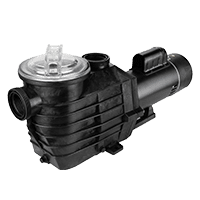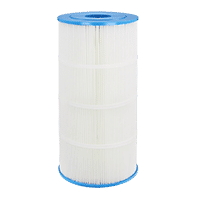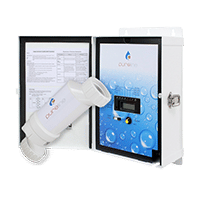- How hot can a pool pump motor get without damaging itself?
Is it normal for my pool pump motor to be hot to the touch?
First off, never touch a running pump motor. Not only does the pump naturally get hot but if the pump is not properly bonded you could receive a nasty electric shock. So hands off.
How Hot Can a Pool Pump Motor Get?
Anything above 115 degrees Fahrenheit is going to register as hot to the human touch. Motors can reach up to 200 degrees before bearings can begin to breakdown, so 115-200 degrees is a safe “hot” temperature for your motor. A pool pump motor uses insulation classified as level ‘B’ that allows the motor’s internal temperature to reach up to 256 degrees. The motor is also equipped with an overload protector which will shut down your motor in overheating scenarios. The overload protector is a sure sign your motor is pulling too much juice and/or overworking.
Also keep in mind, that your electric motor is enclosed in a metal housing, exposed to the summer sun, it’s going to get hot. These motors are able to handle most temperatures that Mother Nature can throw at it. you should not worry about the temperature of your motor unless your overload protector is tripping.












Leave a Reply